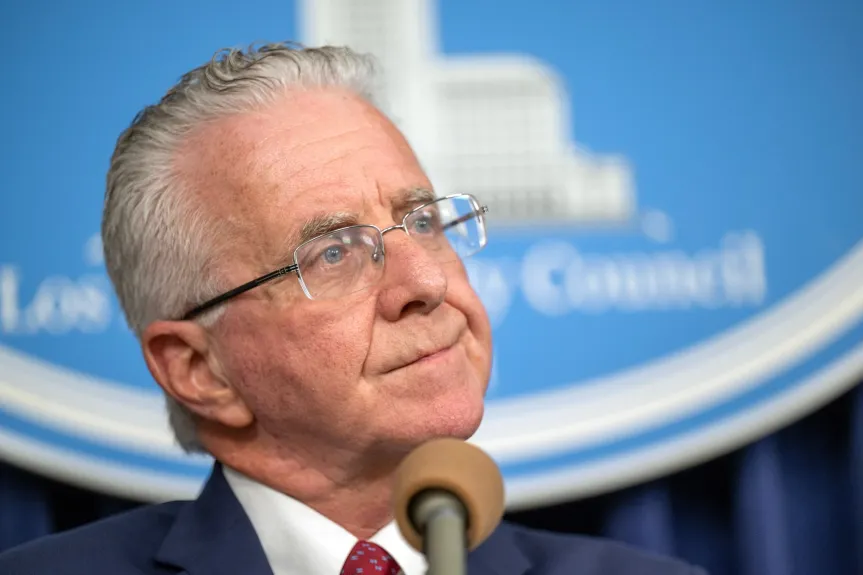
Homeowners and other property owners will see a 22% jump in sewer service rates — and more.
Los Angeles property owners will see a 22% sewer service rate increase starting in October, following the approval of new rates by the L.A. City Council on Sept. 10. This hike is part of a broader plan, with smaller increases scheduled through 2028, aimed at maintaining operations and upgrading aging infrastructure. The ordinance passed with an 11-3 vote and now awaits Mayor Karen Bass’ final approval.
Sewer rates in the city had remained unchanged since 2020, largely due to the economic strain caused by the COVID-19 pandemic. Councilmembers Monica Rodriguez, Kevin de León, and Heather Hutt opposed the increase, citing concerns about its financial impact on property owners and businesses.
Rodriguez emphasized the need for infrastructure investment but criticized the lack of communication to residents about the upcoming rate hike. She proposed modernizing the city’s Proposition 218 process to better inform the public about such changes.
Proposition 218 requires the city to notify property owners and hold public hearings before raising fees. Despite sending notices to over 786,000 parcels, only 7,864 written protests were received.
Councilwoman Traci Park, who supported the increase, highlighted the environmental benefits, including cleaner beaches and healthier coastlines. Council President Paul Krekorian added that the delayed process was necessary to prevent sinkholes and sewage discharges in Los Angeles streets and oceans.
Starting in October, single-family households will see their bi-monthly sewer service charge increase from $75.40 to $92.04, with further increases raising the fee to $155.48 by July 2028. The rates are calculated based on water usage. According to the city’s sanitation bureau, one-third of L.A.’s pipes are over 90 years old, far exceeding their life expectancy. The rate increases will help fund over $3 billion in infrastructure projects over the next five years, including pipeline rehabilitation and water reclamation initiatives.



